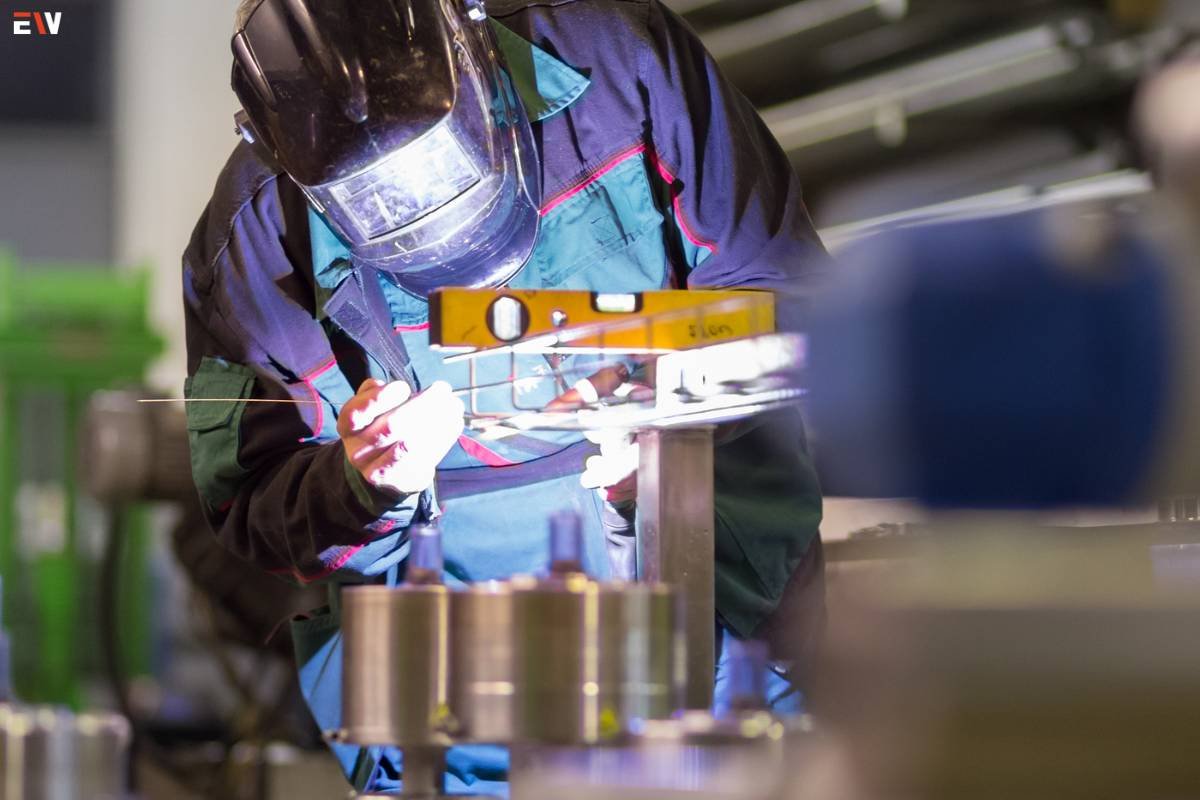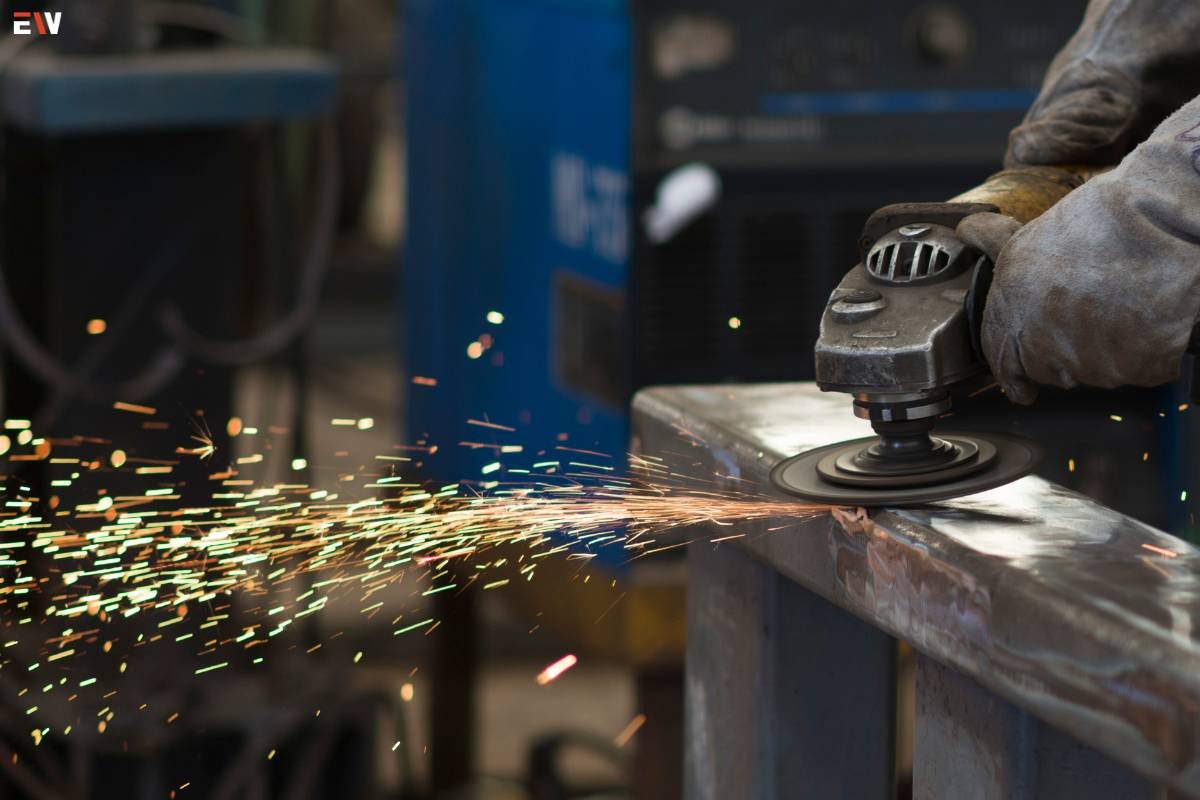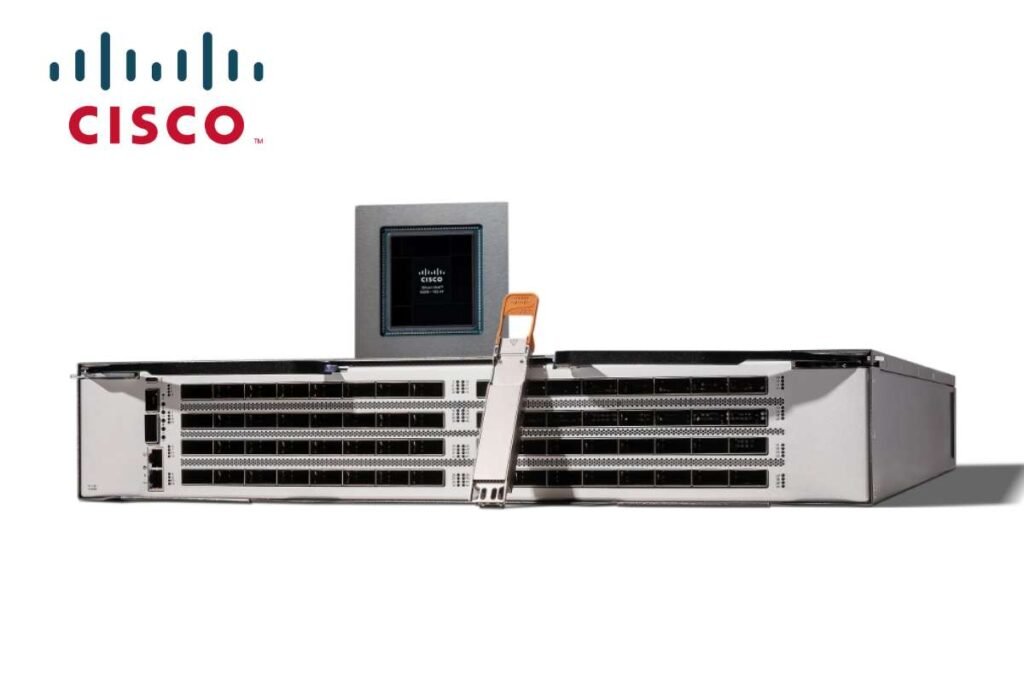Metal fabrication is an ancient craft that has evolved into a high-tech industry serving countless applications across various sectors. At the heart of this industry are the skilled artisans known as metal fabricators. In this blog, we’ll delve into the world of metal fabricator, exploring their roles, the wide range of services they offer, and the critical importance of their work in today’s modern world.
Who is a Metal Fabricator?
Metal fabricators are highly skilled professionals who specialize in transforming raw metal materials into finished products. They are the architects of metal, capable of working with a variety of metals, including steel, aluminum, copper, and more. These artisans craft a wide array of items, from intricate metal art pieces to massive structural components for buildings and industrial machinery.
Key Roles of Metal Fabricators:

- Design and Planning: Fabricators often collaborate with engineers and designers to create detailed plans for metal projects. This includes specifying the type of metal to use, the required dimensions, and the fabrication techniques.
- Cutting and Shaping: Fabricators cut, bend, and shape metal to the desired specifications. They use a variety of tools and machinery, including shears, saws, presses, and lasers.
- Welding and Joining: Welding is a crucial skill for Fabricators. They join metal pieces together using various welding techniques, such as MIG, TIG, or arc welding.
- Finishing and Coating: A fabricator is responsible for finishing the metal products to ensure they meet quality standards. This may involve processes like grinding, sanding, and applying protective coatings, such as paint or powder coating.
- Quality Control: Fabricators inspect their work to ensure it meets industry standards and customer specifications. Quality control is paramount to ensure the structural integrity and aesthetic appeal of the finished product.
The Versatility of Metal Fabricators
Metal fabricator is not limited to producing a single type of product; their versatility is one of the industry’s most remarkable features. Here are some of the diverse areas in which fabricators play a crucial role:
- Architectural Metalwork: Metal fabricators create stunning architectural elements, such as railings, balustrades, and ornamental gates, that add a touch of elegance to buildings and homes.
- Structural Components: In the construction industry, fabricators are responsible for crafting structural steel components that form the backbone of buildings, bridges, and other infrastructure projects.
- Custom Metal Art: From sculptures to custom furniture, metal fabricators can turn metal into beautiful works of art that captivate and inspire.
- Machinery and Equipment: Metal fabricators are pivotal in the manufacturing sector, producing custom machinery parts and equipment for various industries, such as agriculture, automotive, and aerospace.
- Metal Cabinets and Enclosures: Metal fabricators are often involved in creating custom cabinets, enclosures, and casings for electrical and electronic equipment.
Importance of Metal Fabricators in Modern Industries

The work of a fabricator has a significant impact on multiple industries. Here’s why they are indispensable:
- Construction: Metal fabricators provide structural steel components essential for the construction of buildings, bridges, and other infrastructure projects. Their precise work ensures structural integrity and safety.
- Manufacturing: In manufacturing, metal fabricators are responsible for producing custom parts and machinery components. This supports the efficiency and innovation of the manufacturing process.
- Aerospace and Defense: The aerospace and defense industries rely on fabricators to create precision components for aircraft, missiles, and other critical applications.
- Automotive: Metal fabricators are instrumental in producing automotive components, from intricate engine parts to structural elements, ensuring vehicle performance and safety.
- Renewable Energy: Metal fabricators play a vital role in the renewable energy sector by crafting components for wind turbines, solar panels, and other green technologies.
How to Choose the Right Metal Fabricator?
When you require the services of a fabricator, it’s crucial to select the right one for your project. Here are some key factors to consider:
- Experience and Expertise: Look for a metal fabricator with a track record of successfully completing projects similar to yours. Experience is a good indicator of their capabilities.
- Quality and Standards: Ensure the fabricator adheres to industry standards and maintains a commitment to quality. Ask for references or examples of previous work to assess their quality.
- Capacity and Capabilities: Determine if the fabricator has the capacity and equipment to handle your project’s size and complexity. Ask about their machinery, technology, and production capabilities.
- Cost and Budget: Get multiple quotes from different fabricators to compare costs. However, remember that the cheapest option may not always deliver the best value in terms of quality and service.
- Location and Lead Times: Consider the fabricator’s location in relation to your project site. Additionally, discuss lead times to ensure they can meet your project’s timeline.
Iconic Metal Fabrication Projects

- Eiffel Tower: One of the most famous metal structures in the world, the Eiffel Tower in Paris, France, was constructed using over 18,000 individual iron pieces. Its intricate lattice design stands as a testament to the artistry of metal fabricators.
- SpaceX’s Starship: Metal fabricators have played a pivotal role in the creation of SpaceX’s Starship rocket, a revolutionary project in the aerospace industry. The rocket’s stainless steel construction, with its heat-resistant qualities, showcases the innovation and precision of metal fabricators.
- The Bean (Cloud Gate): Located in Chicago’s Millennium Park, “The Bean” is a massive sculpture made of stainless steel. Its perfectly reflective surface was crafted by skilled metal fabricators, creating an iconic symbol of the city.
Conclusion
fabricators are the architects of our modern world, transforming raw metal into structures, machinery, and art that shape our daily lives. Their work is critical to various industries, from construction and manufacturing to aerospace and art. When embarking on a project that involves metal fabrication, choosing the right fabricator is key to success. With the right expertise and experience, a metal fabricator turns raw metal into functional, beautiful, and enduring creations that stand the test of time.










